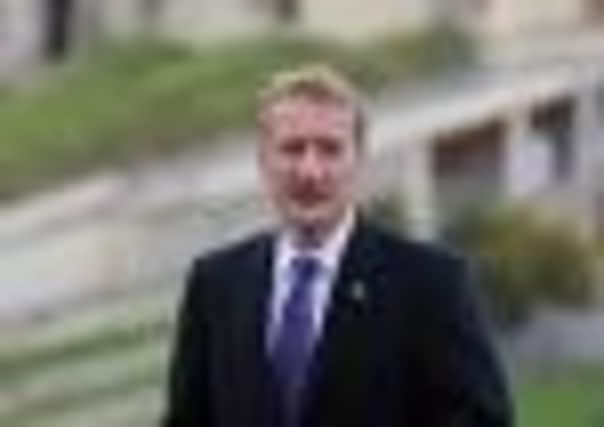Tavish Scott: Community councils empower the people


The “Bonnie Isle” is so titled because the sun invariably shines. Bonnie was a not a word to describe the Island’s feelings.
The local Community Council are making the case for the status quo. A total of 47 children aged 11 to 18 would have to take a 30-minute ferry trip to school. In fair weather that might work. But this is the North Sea and weather delays happen. If the entire secondary school population is removed from the island for the week what does that do for the social and family side of life?
Advertisement
Hide AdAdvertisement
Hide AdAll local authorities face ghastly decisions over schools. Across Scotland schools are threatened. In rural and island areas the Scottish Government got cold feet when the education secretary and his deputy faced schools shutting in their constituencies. So the standard ploy of this government was brought to bear. A Commission was established. It is the bureaucratic equivalent of long grass. .
A Rural Schools Commission has met, deliberated and reported. We all know it has reported because careful leaks have appeared across the press, which are apparently remarkably accurate. None of this matters to the Community Council and parents in Whalsay. They and parents across Scotland want to know if the government are going to do something. There will assuredly be ministerial bluster, but many doubt if any real changes will be effected.
Scotland needs a new way of invigorating local democracy. A way which does not rely on the government of the day interfering in local schools and other essential services. Community Councils could be the way to do that. Local authorities are cutting spending and are desperate to find other bodies to take on services. Voluntary bodies are very popular in town halls if they will do something for free. Community Councils could take on many more local functions if local authorities showed a greater understanding of their potential.
But for community councils to work effectively they need to be legitimate. They need to reflect their name and be embedded and owned by the people in an area. Across Europe local government involves far more people. This keeps decision making local and representative.
Scotland is not over-governed as some like to claim. Scotland has far fewer elected representatives than many European countries. But what Scotland needs is a counter to the endless centralisation of powers and services we have seen in the last five years, a trend that continues every financial year as local government is expected to do exactly what central government wants.
It is time for a new approach, a people’s approach and community councils could be the answer.
• Tavish Scott is the Liberal Democrat MSP for Shetland